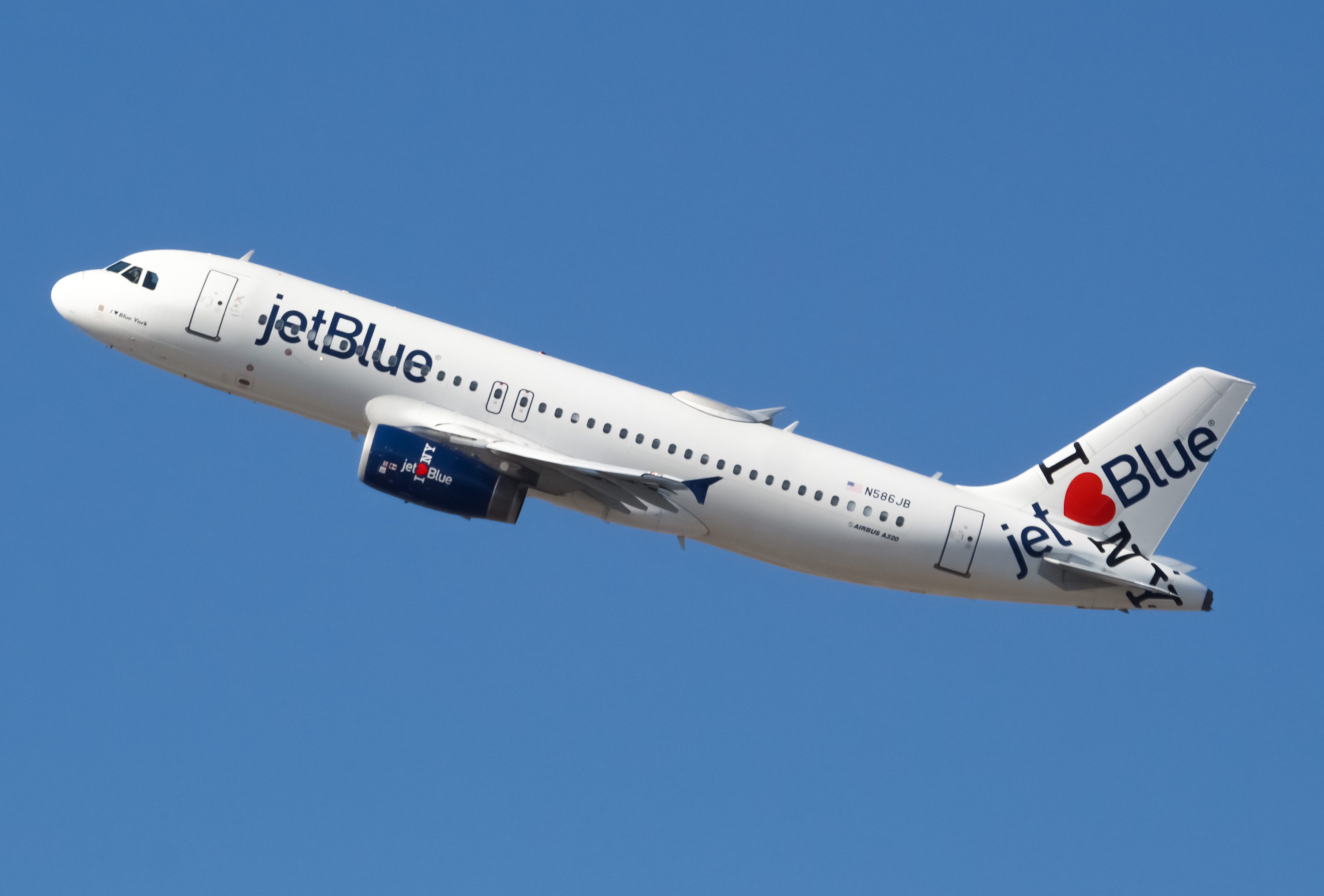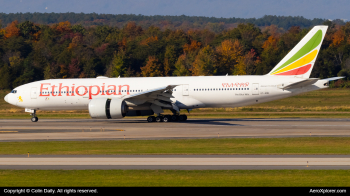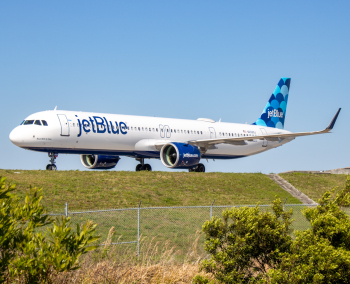Within its short lifetime, JetBlue has become a beloved carrier with an innovative product and low-cost business model. It has grown rapidly to become a major U.S. airlinesSeeing success throughout its first 20 years in existence. However, if the carrier had its way, it would have grown even more from mergers throughout the past decade.
JetBlue’s first merger target was low-cost carrier Virgin America. A San Francisco-based startup, Virgin America was very similar to JetBlue: both focused on offering low-cost travel options with an elevated travel experience, both operated a fleet of Airbus A320 family aircraft, and both had a positive reputation within the industry. Fleet commonality and similar business models made a strong case for a merger between the two. Additionally, the fact that JetBlue’s network was largely concentrated on the East Coast while Virgin America was on the West meant that the combined carrier expanded its network and customer base.

However, the geographic factors that made Virgin America an attractive target also acted as a massive selling point for Seattle-based Alaska Airlines. Alaska Airlines, who focused their routes on the West Coast, also made a bid to acquire Virgin America in hopes of further solidifying its position as a West Coast airline. In the end, Alaska was willing to pay more for the deal, leaving JetBlue without a merger partner. JetBlue continued to grow on its own, improving its product and entering new, mostly leisure-oriented markets.
However, another opportunity to grow through consolidation presented itself recently, when Frontier announced its intention to merge with ultra-low-cost carrier Spirit Airlines. Weeks after this announcement, JetBlue made a bid to acquire Spirit as well, and offered more money per share for the acquisition. Ultimately, Spirit is siding with Frontier, having rejected an earlier JetBlue bid, forcing the airline to respond with a "hostile" bid just yesterday. While a merger with JetBlue would boost the combined carrier’s East Coast presence (specifically in Florida), other factors, such as regulatory approval and differences in business models, serve as significant flaws in the proposed deal. Once again, JetBlue has found itself without a merger partner. However, given the success of the carrier’s products, it is likely that JetBlue will continue to expand its offerings without the assistance of consolidation.
Comments (0)
Add Your Comment
SHARE
TAGS
INFORMATIONAL JetBluemergeracquisitionpartnerSpiritFrontierRECENTLY PUBLISHED
 Learjet Owned By Vince Neil Crashes Into Gulfstream Jet, 1 Fatality Confirmed
On February 10th, around 14:30 local time, a Learjet private jet aircraft crashed into another private jet after landing at Scottsdale Airport (SCF) in Arizona.
NEWS
READ MORE »
Learjet Owned By Vince Neil Crashes Into Gulfstream Jet, 1 Fatality Confirmed
On February 10th, around 14:30 local time, a Learjet private jet aircraft crashed into another private jet after landing at Scottsdale Airport (SCF) in Arizona.
NEWS
READ MORE »
 Seattle Plane Strike 2025: Japan Airlines and Delta Collision Raises Safety Concerns
Seattle-Tacoma International Airport saw a concerning incident on Wednesday morning when a Japan Airlines (JAL) plane clipped a parked Delta Air Lines jet while taxiing. Thankfully, no one was injured, but passengers described the collision as a frightening experience.
NEWS
READ MORE »
Seattle Plane Strike 2025: Japan Airlines and Delta Collision Raises Safety Concerns
Seattle-Tacoma International Airport saw a concerning incident on Wednesday morning when a Japan Airlines (JAL) plane clipped a parked Delta Air Lines jet while taxiing. Thankfully, no one was injured, but passengers described the collision as a frightening experience.
NEWS
READ MORE »
 Ethiopian Airlines Expands Cargo Fleet with New Boeing 777 Freighter
Ethiopian Airlines has expanded its cargo fleet with a brand-new Boeing 777 Freighter, registered as ET-BAB (MSN 68140). The aircraft was delivered directly from Boeing’s factory in Everett, Washington, USA, and landed at Addis Ababa Bole International Airport at 3:41 PM (GMT+3) on Wednesday, January 22, 2025.
NEWS
READ MORE »
Ethiopian Airlines Expands Cargo Fleet with New Boeing 777 Freighter
Ethiopian Airlines has expanded its cargo fleet with a brand-new Boeing 777 Freighter, registered as ET-BAB (MSN 68140). The aircraft was delivered directly from Boeing’s factory in Everett, Washington, USA, and landed at Addis Ababa Bole International Airport at 3:41 PM (GMT+3) on Wednesday, January 22, 2025.
NEWS
READ MORE »





